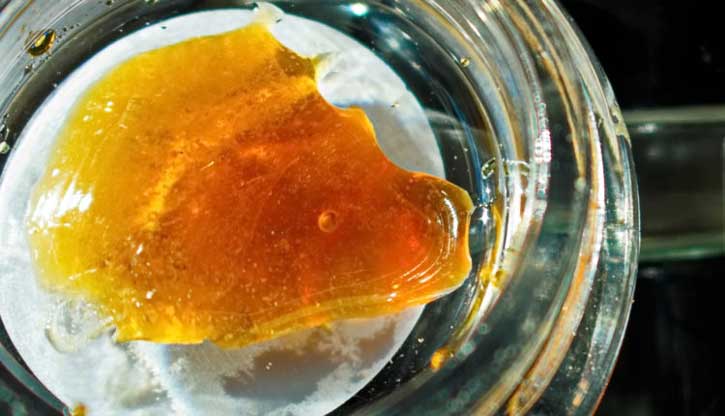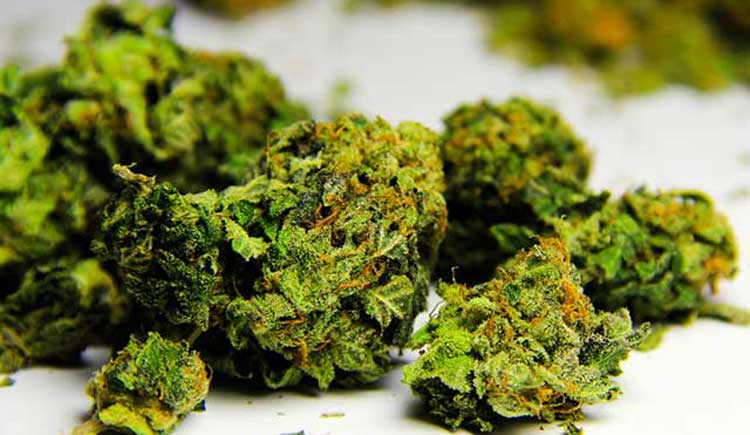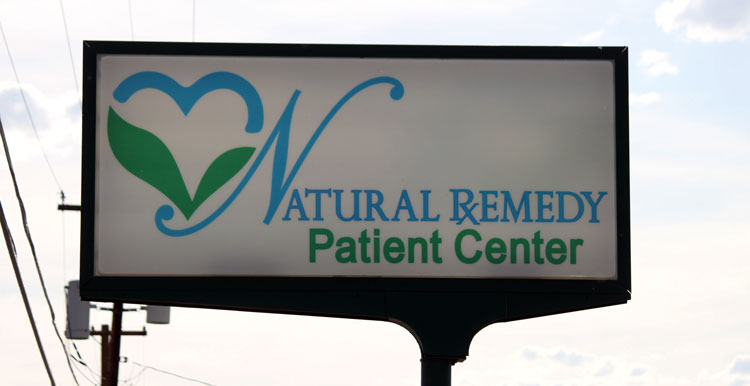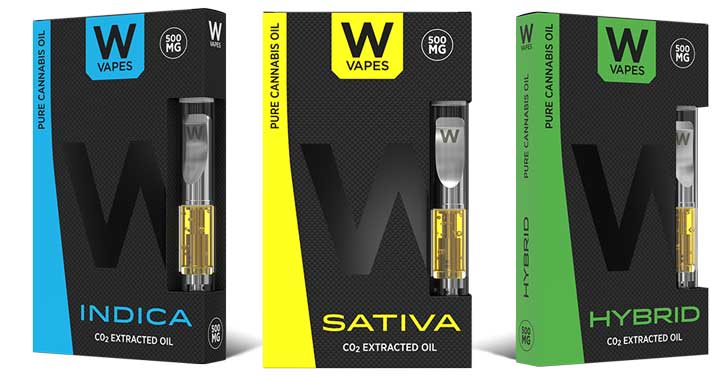The Arizona Supreme Court unanimously ruled Tuesday that all products derived from marijuana, including vape oils such as these are legal for medical marijuana production and use.
By Jon Johnson
PHOENIX – The Arizona Supreme Court ruled 7-0 Tuesday for defendant Rodney Christopher Jones, effectively allowing all forms of cannabis extracts to be legally used by medical marijuana patients.
Jones, a Yavapai County medical marijuana patient, previously served 2.5 years in prison after he was arrested in 2013 for possession of 1.5 grams of hashish, which is made from the extracted cannabis resin. Jones was convicted in Yavapai Superior Court in 2016 for possession of a narcotic drug and possession of drug paraphernalia.
Jones lawyer appealed the conviction and said as a medical marijuana patient Jones had every right to possess the hashish because it was made from marijuana in accordance with the Arizona Medical Marijuana Act. He then lost in a 2-1 decision by the Arizona Court of Appeals on June 26, 2018, but the Arizona Supreme Court agreed to hear the case.
In its unanimous ruling, the court stated, “We hold that (the Arizona Medical Marijuana Act’s) definition of marijuana includes both its dried leaf/flower form and extracted resin, including hashish.”
The Arizona Supreme Court’s ruling vacated Jones’ initial conviction and the Arizona Court of Appeals’ opinion.
The Arizona Medical Marijuana Act (AMMA) was passed by voters in 2010 and went into effect April 14, 2011. Shortly thereafter, however, Maricopa County Attorney Bill Montgomery and Yavapai County Attorney Sheila Polk advised that the act did not include extracts or resin even though the act clearly states marijuana as “the dried flowers of the marijuana plant, and any mixture or preparation thereof.” The pair continued to prosecute medical marijuana holders caught with such items and charge them with a Class-4 felony of possession of a narcotic drug, which is the same designation as heroin.

Writing for the Arizona Supreme Court, Justice Robert Brutinel reported that the AMMA defines marijuana as all parts of the plant.
“The word ‘all’, one of the most comprehensive words in the English language, means exactly that,” Brutinel said.
He then went on to point out that a number of patients not only cannot ingest marijuana by its flowers but rather use oils and edibles and other concentrated forms that allow use without smoking the flower. The concentrated oil and other types of concentrate use are utilized by extremely ill patients – including children – who do not or cannot smoke cannabis flowers.
“It is implausible that voters intended to allow patients with these conditions to use marijuana only if they could consume it in dried-leaf/flower form,” Brutinel wrote.

“Such an interpretation would preclude the use of marijuana as an option for those for whom smoking or consuming those parts of the marijuana plants would be ineffective or impossible. Consistent with voter intent, our interpretation enables patients to use medical marijuana to treat their debilitating medical conditions, in whatever form best suits them, so long as they do not possess more than the allowable amount.”
The ruling allows dispensaries to continue to sell edibles and other concentrated forms of cannabis, including oils, shatter, hashish, wax, and vape cartridges, which have become a preferred way to ingest marijuana for many patients and is a multi-million dollar industry in itself.
According to Arizona Department of Health Services records, more than 196,000 patients purchased 2.5 tons of edibles and 2.5 tons of other products containing concentrates like vape cartridges or wax or shatter in 2018.

Locally, the Natural Remedy Patient Center (Graham County’s medical marijuana dispensary) showed sales tax revenue paid to the city of Safford of $16,634 for May 2018, $13,695 for June 2018 and $15,400 for July 2018 but then dipped to just $1,255 in August 2018 after the Arizona Court of Appeals issued its decision in June 2018 to uphold Jones’ conviction. After that, edibles and any cannabis-infused product were temporarily pulled from dispensaries’ shelves while the ADHS. Natural Remedy Patient Center (NRPC) is currently hoping to receive approval to move into the old Chalo’s restaurant building in Downtown Safford and begin manufacturing a line of edibles using the existing kitchen to supply other dispensaries throughout the state. That move could increase its sales by millions of dollars in just a few short years, according to dispensary administrators.
With the Arizona Supreme Court’s ruling guaranteeing that cannabis extracts, oils, and anything else made from the plant is legal for all involved in the medical marijuana industry, that move just got a little bit easier.









